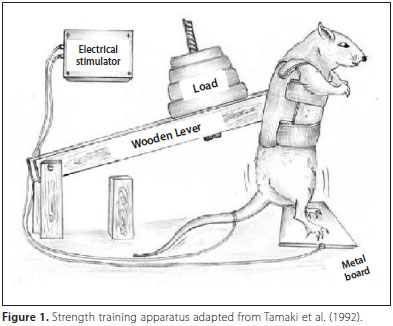
Originally Posted by
sbhikes

Anecdote for you.
8 years ago I was more into cardio and I decided to hike the Pacific Crest Trail (the trail in the movie Wild, but this was before the book came out). I quit my job where I used to ride my bike to work, and spent 6 weeks doing training hikes to get ready. Then I got on the trail and hiked about 10-15 miles per day to begin with. It was really hard and I suffered and struggled a lot.
Two weeks ago after a few years of sitting on my fat ass at a desk and being too tired most of the time from lifting to do much else but watch TV when I get home from work, I hit the same trail at the Mexican border and the first day I hiked 21 miles. I kept up a steady 20 miles per day pace, some days more like 25, other days maybe a little less than 20. It was easy. Ridiculously easy. I wasn't tired at the end of the day. It didn't bother me one bit that water in the desert is 15-20 miles apart. I only ever needed 2 liters, maybe 3, because the effort seemed so minimal. My pack never felt oppressive. My cardio endurance was fine.
This shit works. But damn, you just can't convince anybody. They all believe running is the answer.












